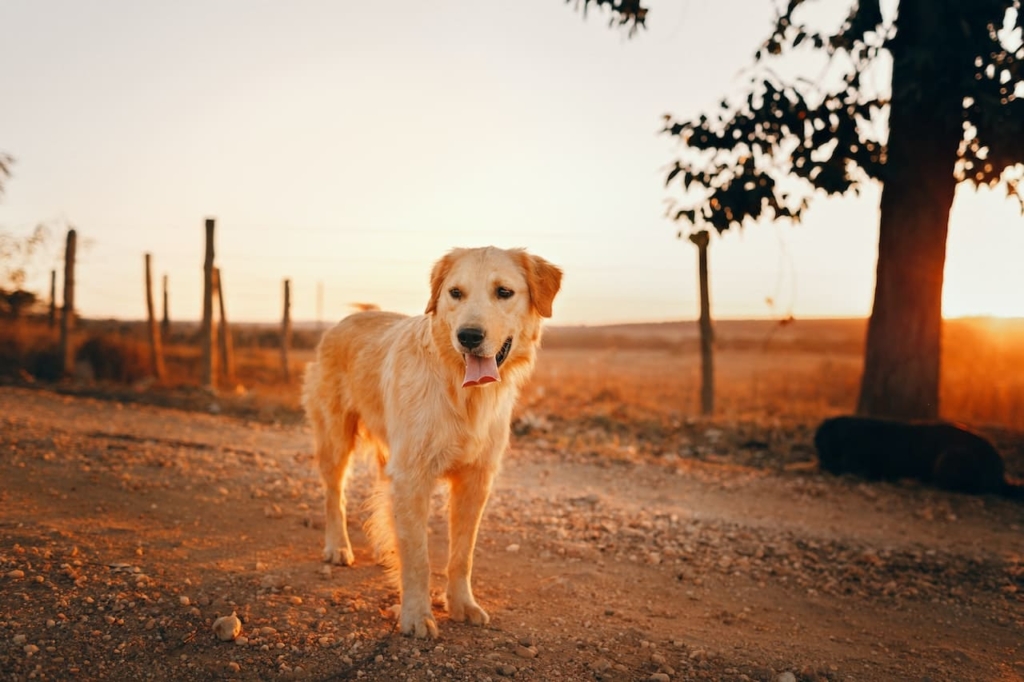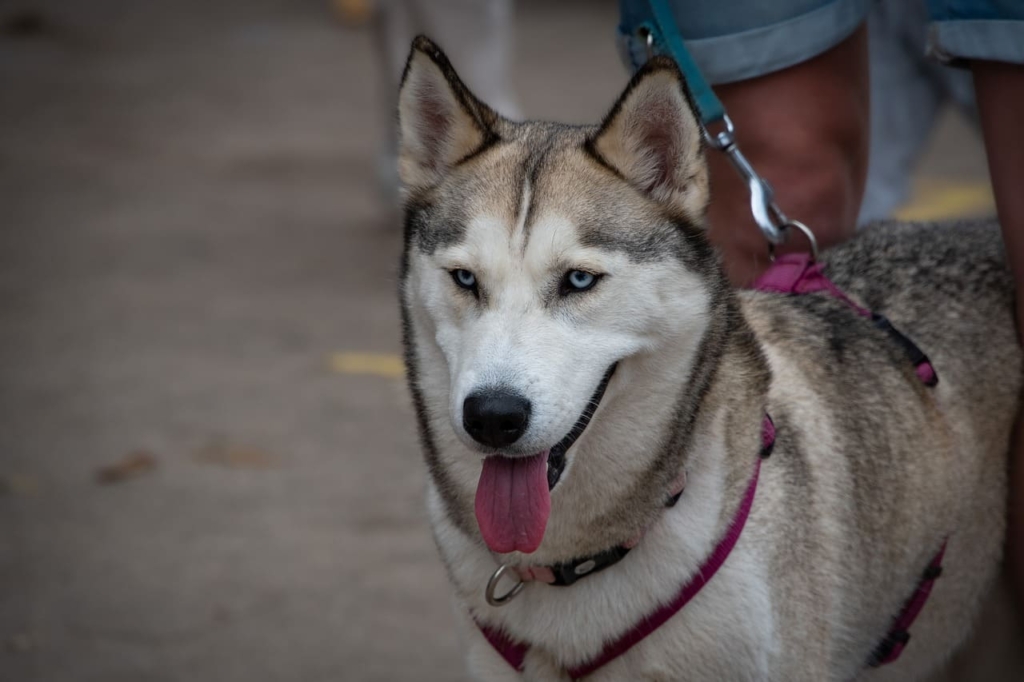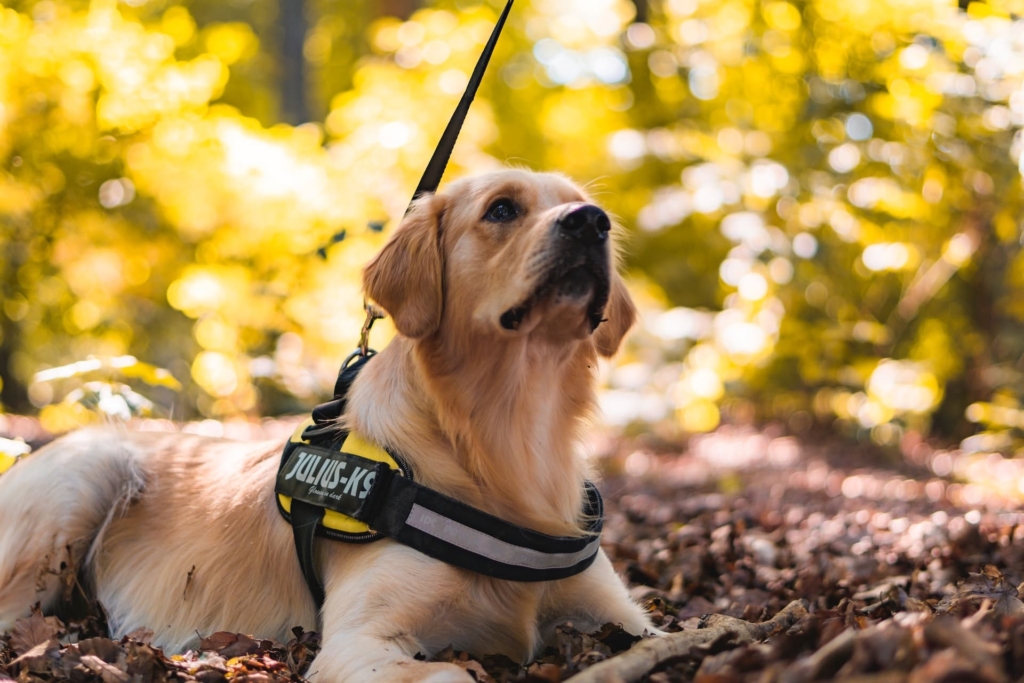Top 8 Service Dog Breeds: Unleashing the Power of Canine Companions
Service dogs have proven to be remarkable companions for individuals with disabilities, providing essential support and improving their quality of life. These highly trained canines play a crucial role in assisting people with diverse needs, from guiding the visually impaired to alerting medical emergencies. In this article, we will delve into the world of service dog breeds, exploring their roles, characteristics, and the bond they share with their handlers.
What Are Service Dog Breeds?
Service dogs are specially trained to perform tasks that aid people with disabilities, enabling them to lead more independent lives. These incredible animals undergo rigorous training to assist individuals with physical, sensory, psychiatric, or cognitive disabilities. They are more than just pets; they are working partners that make a profound impact on their handlers’ lives.
Different Types of Service Dog Jobs
Guide Dogs for the Visually Impaired
Guide dogs are trained to assist individuals with visual impairments or complete blindness. They provide navigation support, avoiding obstacles, and helping their handlers safely navigate their surroundings.
Hearing Dogs for the Deaf
Hearing dogs support individuals who are deaf or hard of hearing. They are trained to alert their handlers to important sounds, such as doorbells, alarms, or someone calling their name.
Mobility Assistance Dogs
These dogs aid people with mobility impairments, helping them with tasks like opening doors, retrieving objects, or providing stability while walking.

Medical Alert Dogs
Medical alert dogs are trained to detect changes in their handler’s body, such as blood sugar level fluctuations or impending seizures. They can alert their handlers or others to take appropriate action.
Autism Assistance Dogs
Autism assistance dogs are trained to support individuals on the autism spectrum. They can provide comfort, reduce anxiety, and help with social interactions.
Psychiatric Service Dogs
Psychiatric service dogs assist people with mental health conditions. They can help with tasks like interrupting harmful behaviours, providing deep-pressure therapy, and offering emotional support during distressing situations.
Selecting the Right Service Dog Breed
Choosing the right service dog breed is essential to ensure a successful partnership between the dog and the handler. Several factors should be considered during the selection process:

– Size and Strength Considerations
The physical size and strength of the dog should match the handler’s needs. For tasks that require pulling or stability, a larger and stronger breed might be necessary.
– Temperament and Personality Traits
A service dog must have the right temperament for the job. They should be calm, attentive, and responsive to training.
– Specific Training Requirements
Different disabilities demand specific skills from service dogs. For instance, guide dogs need extensive navigation training, while medical alert dogs require a keen sense of smell.
8 Popular Service Dog Breeds
Several dog breeds have gained recognition as exceptional service dogs due to their intelligence, trainability, and affectionate nature. These breeds possess unique qualities that make them well-suited for various service tasks. Below are some of the most popular service dog breeds:
1. Labrador Retriever

Labrador Retrievers are one of the most beloved and versatile service dog breeds. Their friendly disposition and high level of intelligence make them ideal for guiding individuals with visual impairments, assisting those with mobility challenges, and providing emotional support to people with mental health conditions.
2. Golden Retriever

Golden Retrievers are known for their gentle and patient nature, making them excellent choices for service work. They excel as therapy dogs, emotional support animals, and mobility assistance dogs. Their ability to connect with people on an emotional level is invaluable in providing comfort and support.
3. German Shepherd

German Shepherds are renowned for their intelligence, loyalty, and protective instincts. These traits make them exceptional service dogs for tasks like search and rescue operations, guiding the visually impaired, and assisting individuals with PTSD or other psychiatric conditions.
4. Poodle

Poodles are highly intelligent and come in various sizes, including standard, miniature, and toy. Their hypoallergenic coat makes them suitable for individuals with allergies. Poodles are often trained as medical alert dogs, detecting changes in blood sugar levels or impending seizures.
5. Border Collie

Border Collies are known for their boundless energy and incredible intelligence. Their herding instincts make them ideal candidates for assisting individuals with mobility impairments, as well as performing complex tasks that require precision and quick thinking.
6. Boxer

Boxers are strong and athletic dogs with a friendly and playful demeanor. Their combination of strength and affectionate nature makes them suitable for tasks such as guiding the visually impaired and providing emotional support.
7. Siberian Husky

Siberian Huskies are known for their endurance and adaptability to different environments. While not as common as other breeds on this list, they can excel as service dogs for tasks that require pulling, such as assisting individuals with mobility challenges.
8. Great Dane

Despite their large size, Great Danes can be gentle giants and excellent service dogs. They are often trained to provide stability and balance support to individuals with mobility impairments.
The Training Process for Service Dogs
The training of service dogs is a comprehensive and structured process that involves several stages:
Early Socialization
Service dogs begin their training as puppies, undergoing early socialization to various environments, people, and animals.
Basic Obedience Training
They receive fundamental obedience training to learn commands like sit, stay, and come.
Specialized Training for Service Tasks
Service dogs undergo specialized training based on the tasks they will perform to support their handlers’ specific needs.
Legal Rights and Regulations for Service Dogs
Service dogs and their handlers are protected by various laws and regulations, ensuring equal access and accommodation:

– Americans with Disabilities Act (ADA)
The ADA grants service dogs access to public places, such as stores, restaurants, and transportation, regardless of any local or state laws.
– Public Access Rights
Service dogs are generally allowed in public areas, and businesses cannot discriminate against individuals with disabilities accompanied by their service dogs.
– Housing Accommodations
Under the Fair Housing Act, landlords and housing providers must make reasonable accommodations to allow individuals with disabilities to have their service dogs in their homes.
The Bond Between Service Dog Breeds and Their Handlers
The relationship between a service dog and their handler is built on trust, companionship, and mutual dependence. The bond that develops during training and daily interactions is incredibly strong and supportive.
The Importance of Service Dog Breeds Training Organizations
Service dog training organizations play a pivotal role in the process of preparing service dogs for their future roles. They invest time and resources to train, socialize, and match dogs with suitable handlers.
The Impact of Service Dog Breeds on People’s Lives
Service dogs have a profound impact on the lives of their handlers. They instill confidence, provide emotional support, and enable greater independence, leading to improved mental and physical well-being.
Common Myths and Misconceptions about Service Dog Breeds
As service dogs gain more visibility, so do misconceptions surrounding their roles and rights:
Service Dogs vs. Emotional Support Animals:
Service dogs are not the same as emotional support animals. Service dogs are trained to perform specific tasks, while emotional support animals provide comfort without specialized training.
Fake Service Dogs and the Consequences:
Falsely claiming a pet as a service dog can have severe consequences, as it not only undermines the legitimacy of true service dogs but also violates laws protecting their rights.
Caring for a Service Dog Breeds
Proper care is crucial to maintain a service dog’s well-being and effectiveness as a working companion:
Health and Veterinary Care:
Regular visits to the veterinarian are essential to ensure the service dog’s health and catch any medical issues early.
Proper Nutrition and Exercise:
A balanced diet and regular exercise keep service dogs physically and mentally fit.
Grooming and Hygiene:
Regular grooming helps keep service dogs clean, comfortable, and presentable.
The Future of Service Dog Breeds
As the understanding of disabilities and the importance of service dogs grow, we can expect to see advancements in training methods and an expansion of service dog breeds to meet diverse needs.
Conclusion on Service Dog Breeds:
Service dog breeds play an indispensable role in empowering individuals with disabilities. Their unwavering loyalty, intelligence, and dedication make them exceptional companions and reliable aides. Through proper training, legal support, and responsible care, we can ensure that these extraordinary dogs continue to make a positive impact on countless lives.
Frequently Asked Questions on Service Dog Breeds:
-
How long does it take to train a service dog?
The training process varies depending on the tasks and the dog’s learning pace. It can take several months to a couple of years.
-
Can any dog be trained as a service dog?
While most dogs can be trained to some extent, not all possess the right temperament and abilities for service work.
-
Are service dogs allowed on airplanes?
Yes, service dogs are generally allowed on airplanes, but advance notice to the airline is usually required.
-
How much does a service dog cost?
The cost of a service dog can range from several thousand to tens of thousands of dollars, considering training, care, and support.
-
Can I pet a service dog?
It’s best not to distract a service dog while they are working. Always ask the handler for permission before petting the dog.
Recommended related to Service Dog Breeds:
Top 9 Rare Horse Breeds: Discovering the Hidden Gems of the Equine World
Low Maintenance Cats: The Perfect Companions for Busy Lifestyles




























